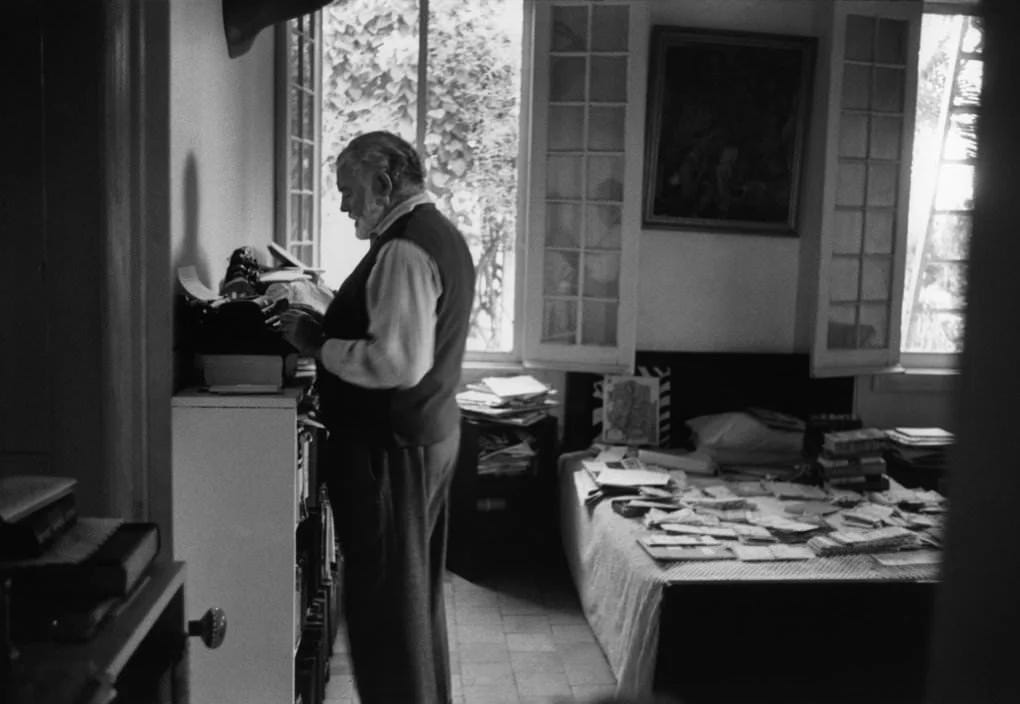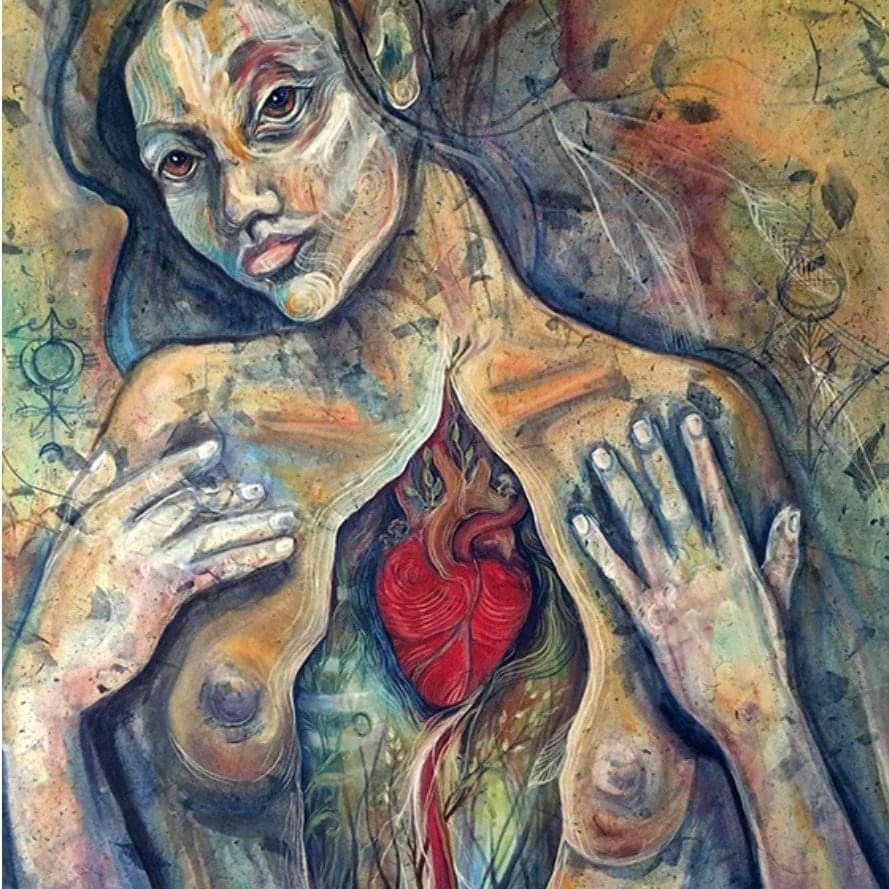
Some over-used expressions deserve their place. You’ve heard how “It takes a village to raise a child” has been swallowed by writers of books. There’s a reason for that.
Maybe in known history, a single author could flawlessly script an entire novel with quill and ink. Although honestly, I cannot imagine a brain that organized.
Anyway.
In recent history, some famous authors wrote while drinking or drunk, sometimes by typewriter. This method also required a certain amount of perfection—without backspace, delete or autocorrect, the pressure was on to get it right the first time. I can’t know for certain the depth of insightful feedback these historical figures received, but the portrayal of their process in film often appears seamless and solitary.
Then there’s Max Perkins. Every writer’s dream editor. Someone to recognize the glint of gold amongst the dross. He’s the one who saw the genius of Fitzgerald, Wolfe, Hemingway, et al, and helped them cut and polish to refined brilliance. Note: not everyone loved Genius, the film about Wolfe and Perkins, but I adored it.
Few of us are “discovered” by an editor of this quality.
However.
These days, some of us are fortunate enough to have more than one voice chiming in on how to take what we hope is our best work to the next level. Maybe Hemingway would turn in his proverbial grave to consider writing in community. For me and many others, it is a lifeline.
The AWA method of workshop facilitation focuses on the strengths of freshly generated writing. Knowing that what they’ve written isn’t a pile of garbage keeps a writer writing. But once you’ve collected your pieces into a cohesive whole; a story or poem you’ve edited and refined, and feel ready to submit for publication, you need more. What you need are writers/editors who get you. Who understand what you are trying to achieve and want to help you make it stronger, clearer, and more powerful.
Enter…that group of writers who have been with you all along. Who know the story, who understand what it’s attempting to convey, and who understand YOU.
Yes, I write in many splendored spurts and receive encouraging feedback every week from those who write with me. Yes, I continue to learn from their fresh and wondrous work. Barbara Krasner’s article in the recent edition of Brevity Blog identifies the power of writing together from prompts.

Once we’ve run with the muse from open suggestions, a writer must work alone to fine-tune, edit, shift, delete, fill in, trash, and enhance what they’ve created. Then, if publication is the goal, it’s crucial to have those we trust take a deep look.
There comes a time when one needs to know what isn’t working, what might be confusing; what might make the work stronger. Maybe a connecting scene is missing or a scene has made its point but keeps going beyond effectiveness. Those are the kinds of things in one’s writing that can easily be missed. And those are elements engaged editors, and especially other writing friends, can identify.
Hence, the village.
One simply has to turn to the final pages of any novel to see how many eyes, hands, and hearts have contributed to its final creation.

Many years ago, I submitted a series of poems to Poetry Toronto and the editor there made some suggestions for two of the poems. I was stunned. In those days, I had neither a writing buddy nor a writing group, so when these poems came back with precise commentary I almost fell on my knees in gratitude. He’d turned my pretty good poems into poems I’m still proud of. He didn’t change the tone or the intention, he made them clearer, brighter, and punchier. One thing he wrote has stayed with me for decades. It was about respecting and trusting your reader. That one doesn’t need two images for the same idea when one has done the job.
Ian Canon was one such editor. He started up a great magazine called Quagmire and after I submitted the short story, Speaking With the Dead, we exchanged a series of emails that turned the story into something much more than it had been. He GOT the story, pulled out what was superfluous and confusing, and made suggestions that thrilled me. I made the changes and he printed it. Alas, alas, when I searched online for the site to include a link, the mag no longer exists. Thankfully, Ian still does, though.
The other kickass editor I’ve found is Joanna Acevedo. If you want someone to help take your work to the next level, check her out. She’s beyond. (Just fill out the contact form and say what kind of help you need. Honest, you won’t be disappointed.)
My Friday evening group has shifted from timed writing prompts to spending two and a half hours together attending to whatever we need. It could be world-building, outlining, editing, or transcribing. I do offer visual or word prompts in case they need a nudge, and sometimes those may elicit new scenes. We begin by discussing how we’re doing with our work, sharing any writing-related news, if any, and articulating our intentions for our time together. We finish by sharing whatever we’ve gotten up to. It might be simply talking about what we’ve accomplished, or we might share some of the writing we’ve done. It’s an open forum. A writer might have a general question about some aspect of their work, or ask for specific feedback on a piece. I find this remarkably helpful. Because we’ve established deep trust over the past three-plus years, we know we’ve got each other’s back.
For instance, in my current work, I’m endeavouring to create doubt in the reader about a character’s guilt, and I need to know if I’ve been successful. In the last couple of sessions, I chose to read scenes in which that was the intention. The feedback I got made me realize I had to make some changes. And more changes. Dialing back certain responses.
My village. My lifeline.
So, in interviews, I’m often asked to offer writerly advice. My answer:
1. Write with others.
2. Establish trust; trust that they want what you want—to make the work stronger. And that both of you intend to elevate and not criticize.
Make sure you are ready when you ask for feedback. Be specific about the help you need. For example: Is the dialogue convincing? Should I add more beats? Are my characters three-dimensional? Is there enough tension in this scene? Is there too much description/do I need more sensory detail?
Some aspects of writing may be easy, but most aren’t, which is why we need writing comrades.
Find yours.
And write your heart.





